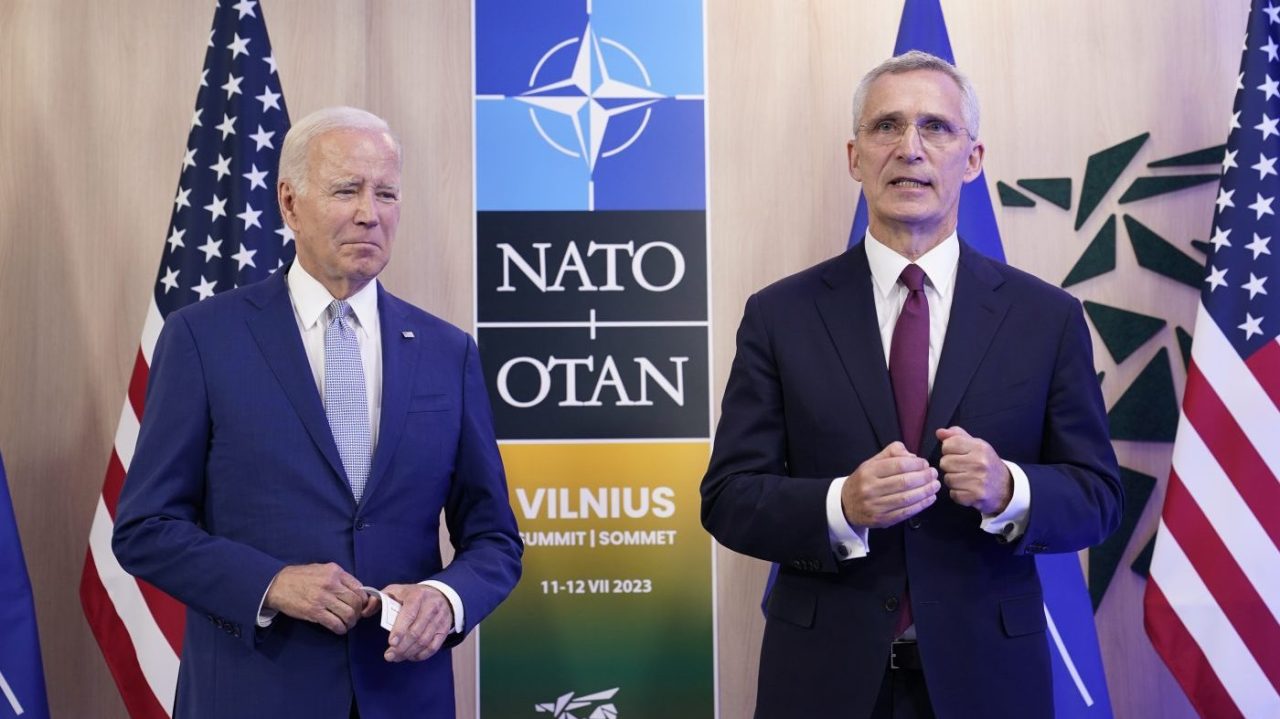Congress has approved legislation that would prevent any president from withdrawing the United States from NATO without approval from the Senate or an Act of Congress. The measure, spearheaded by Sens. Tim Kaine (D-Va.) and Marco Rubio (R-Fla.), was included in the annual National Defense Authorization Act, which passed out of the House on Thursday and is expected to be signed by President Biden.

Sorry, not American, so I found your question confusing.
From the article above:
Both parties seem to be in favour of limiting the power of the president to withdraw from NATO.
This doesn’t seem to be a simple partisan issue, as this legislation has bipartisan support.
If you are viewing actions of the legislature strictly through a partisan lens, you dont’ have enough background to approach the original concern at all.
The original idea of the US government is three branches of government. If one branch of government “bipartisananly” wants to limit another branch of government, that should be cause for alarm and ideally the congressmen involved should be censured and possibly impeached. If you want to change the powers of the president, then it’s time to rewrite the constitution, not do whatever the fuck this is.
No, you are missing the entire point of three branches of government. They are there as a check and balance of power to the others. They are literally supposed to stop the other branches from overstepping.
It’s been established that the president is in charge of foreign treaties. So it is congress that is overstepping here.
Article II section 2 of the constitution requires approval from the senate to ratify treaties, which is then up to the president to ratify and implement. Both branches of the government are supposed to work together to establish foreign policies, this is part of the check and balances. If you have sources interpreting article II section 2 differently I’d be curious to see.
NATO is a mutual defense treaty that is in practice enforced by US armed forces. If you accept that the President is Commander-in-chief of the armed forces, if He chooses not to respect the terms of the treaty by not deploying the armed forces, then in what way does congress get a say without grossly violating the separation of powers?